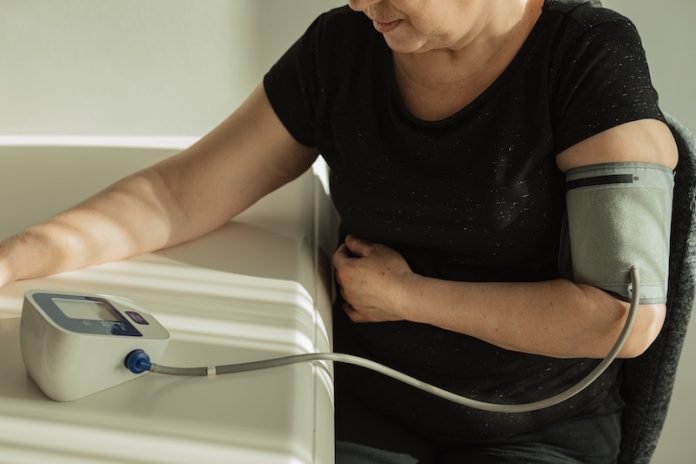
Understanding the Study
A recent study conducted by researchers from Kaiser Permanente suggests that home-based blood pressure measurements could be more precise than those taken in a clinical setting.
The study’s findings are significant considering the importance of proper hypertension diagnosis, which, if left untreated, could lead to severe health complications such as heart attack, stroke, and kidney damage.
The study involved 510 adults and took place between 2017 and 2019 at 12 Kaiser Permanente primary care centers in Western Washington.
Researchers selected potential participants from electronic health records who were at high risk of developing hypertension.
The Testing Method
To assess the accuracy of different blood pressure measurement methods, researchers divided the participants into three groups.
Each group followed a different method for obtaining follow-up blood pressure measurements: in a clinic, at home, or at kiosks in medical clinics or pharmacies.
Additionally, each participant underwent 24-hour ambulatory blood pressure monitoring (ABPM) – the gold standard test for diagnosing high blood pressure.
Key Findings
Results from the study revealed that blood pressure readings taken at home aligned closely with ABPM results.
On the other hand, blood pressure readings taken during follow-up clinic visits were significantly lower, leading to an underdiagnosis of hypertension in over half of the participants.
Readings from kiosks were found to be higher than ABPM, indicating a higher likelihood of hypertension overdiagnosis.
A companion study also discovered that patients preferred taking their blood pressure at home, further supporting home blood pressure monitoring as an accurate and preferred option.
The Need for a Change
Despite guidelines recommending ABPM or home blood pressure monitoring for diagnosing high blood pressure, many healthcare providers continue to rely on in-clinic measurements for the second reading.
This study’s findings could help change this practice, given its robust evidence derived from a large participant group, involvement of primary care clinics, and use of real-world practitioners for taking blood pressure measurements.
The study, led by Dr. Beverly B. Green and her team, is published in the Journal of General Internal Medicine.
For more information about blood pressure, please refer to recent studies about the potential effects of black licorice on blood pressure, the role of plant pigments in reducing blood pressure, and options for treating slightly high blood pressure.
A study also revealed how a common painkiller could significantly raise your blood pressure.
If you care about high blood pressure, please read studies about the best time to take high blood pressure drugs, and scientists find new way to treat high blood pressure.
For more information about health, please see recent studies that Beetroot juice could help lower high blood pressure, and results showing this common plant nutrient could help reduce high blood pressure.
Copyright © 2023 Knowridge Science Report. All rights reserved.



